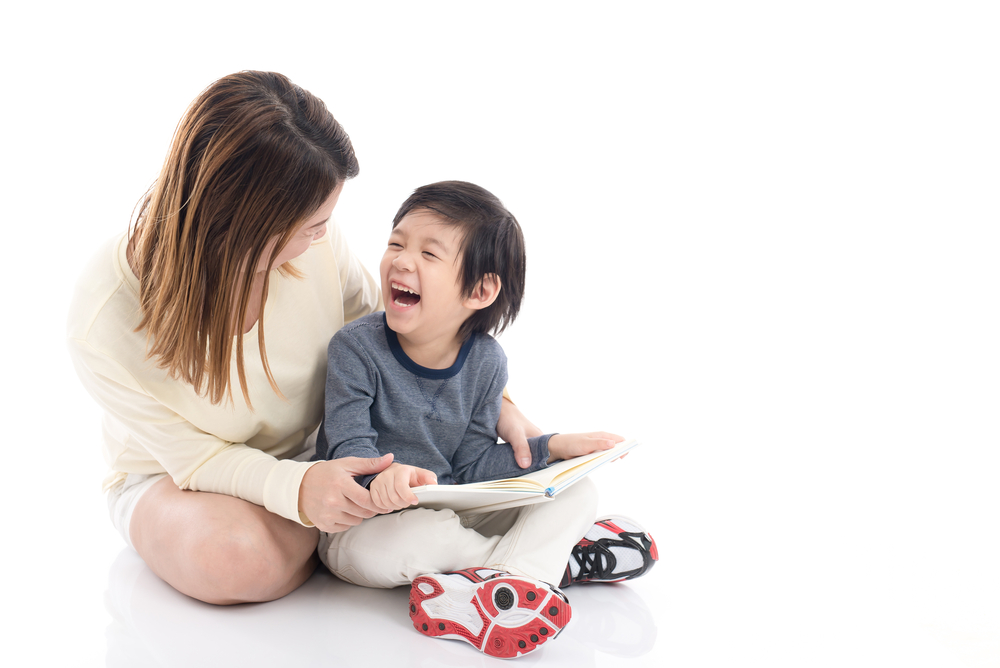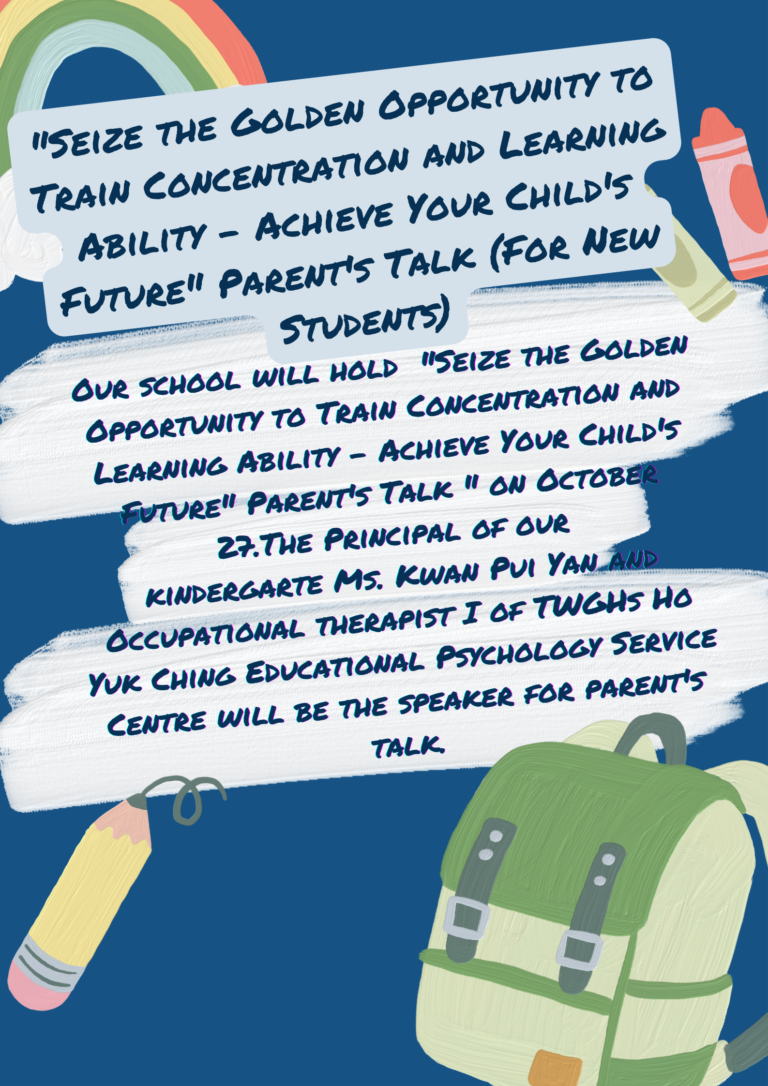Parenting Tips
Parental education, willing to learn and dare to do

Written by: Dr. Chi-Yuen TIK, Chief Executive, The Hong Kong Institute of Family Education
In the journey of parental education, I love to listen to parents share their experiences and reflections on disciplining their children. Exchanging and encouraging each other is the most comprehensive content of parenting education. There is no place in the world that requires parents to pass an exam before they can have children. Everyone is learning as they go, realizing things later on, and gradually becoming “experienced” parents. Children have expectations of you, society has demands on you, and parents themselves cannot afford to be lazy, so they actively learn theories and techniques for disciplining their children.
I remember a father sharing how he dealt with his son’s request to buy sneakers when the son was in the eighth grade. He told his son he would give him four hundred dollars. Naturally, the son felt it was not enough, but the father told him that four hundred dollars could buy a pair of sneakers, and if it wasn’t enough, the son would have to figure it out himself. In the end, the son bought the sneakers he wanted, but the price was saving his breakfast and lunch money to make the purchase. He said although his son was happy with the new sneakers, he also experienced days of hunger, and in the future, he would think carefully before making a purchase. The father expressed that it was tough for him to see his son go through this, but he thought it was important for his son to understand the principle of living within one’s means, even if it meant letting his son experience it firsthand.

During a lecture on how to cultivate self-care abilities in young children, a mother of a K3 student shared that her son always relied on her to pack up his homework. Over time, her son’s dependence on her increased. After much reflection, the mother decided to apply what she had learned from parenting seminars. She told her son that he needed to take care of his own things and that she would no longer pack his school bag for him. She was also mentally prepared for her son to be reprimanded by the teacher for not handing in his homework. As expected, to avoid further scolding from the teacher, the son started to pack his school bag by himself every day. Although he may not yet fully understand the importance of taking responsibility for his own affairs, he has begun to take his own matters seriously and no longer relies on his mother’s “help.” The mother also stopped providing unconstructive help and care for her son.
After all, classroom learning is enjoyable, but practical application can be painfully insightful, with a mix of joys and challenges. While applying parenting techniques, it is also a challenge to the parents’ personal values and life experiences. Parents also need to have a balanced mindset and self-awareness. This is precisely the purpose of parenting education.










